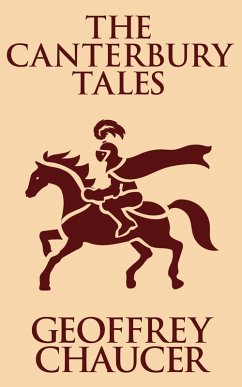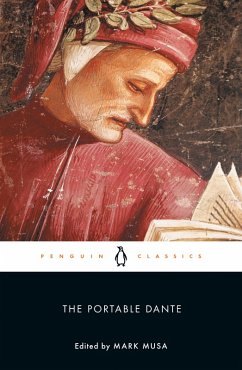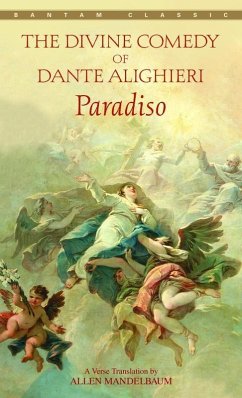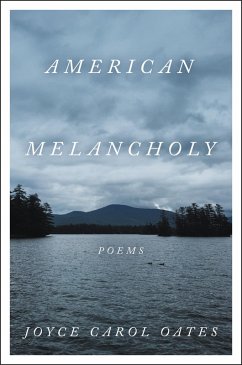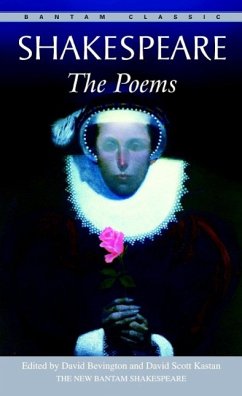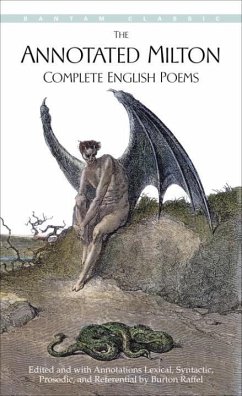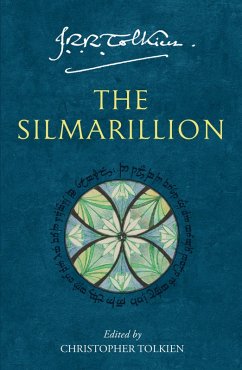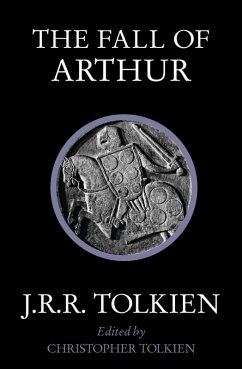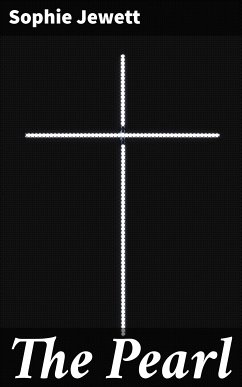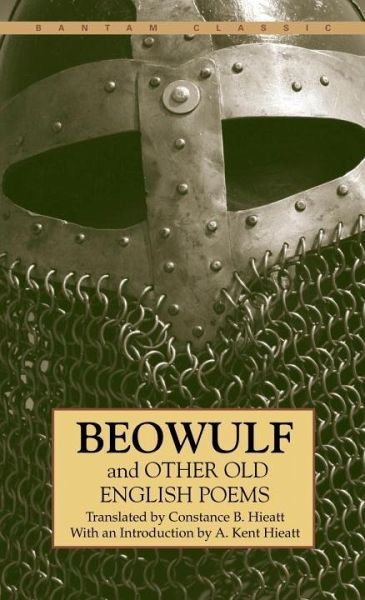
Beowulf and Other Old English Poems (eBook, ePUB)
Versandkostenfrei!
Sofort per Download lieferbar
3,99 €
inkl. MwSt.
Weitere Ausgaben:

PAYBACK Punkte
2 °P sammeln!
Unique and beautiful, Beowulf brings to life a society of violence and honor, fierce warriors and bloody battles, deadly monsters and famous swords. Written by an unknown poet in about the eighth century, this masterpiece of Anglo-Saxton literature transforms legends, myth, history, and ancient songs into the richly colored tale of the hero Beowulf, the loathsome man-eater Grendel, his vengeful water-hag mother, and a treasure-hoarding dragon. The earliest surviving epic poem in any modern European language. Beowulf is a stirring portrait of a heroic worldsomber, vast, and magnificent.
Dieser Download kann aus rechtlichen Gründen nur mit Rechnungsadresse in A, B, BG, CY, CZ, D, DK, EW, E, FIN, F, GR, HR, H, IRL, I, LT, L, LR, M, NL, PL, P, R, S, SLO, SK ausgeliefert werden.




